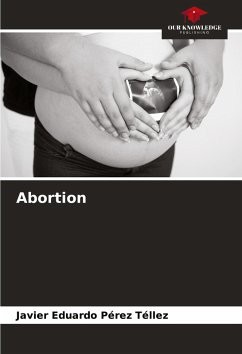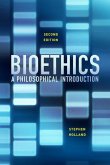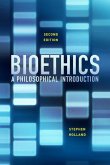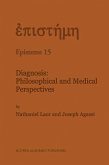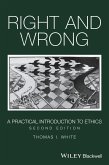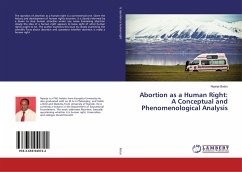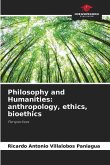In most of the Western world, the issue of induced abortion has gained wide social acceptance. This phenomenon has a correlate in the legislation of most Western liberal democracies, where the pregnant woman is allowed the possibility of "terminating her pregnancy" under increasingly less restrictive grounds, often unduly assuming the moral character of this action. This book is an attempt to elucidate this ethical dilemma and also seeks to inform the reader of the state of contemporary debate on this sensitive issue. To achieve these aims, the author proposes a progressive approach to the debate, beginning with basic elements such as the definition of the problem, the history of the problem and its determinants, and then proceeding to explore the legal and philosophical aspects of the phenomenon and, finally, to study the ontological status of prenatal human life. It is a book which, thanks to its rigorous and pedagogical nature, is accessible and relevant both for professionalsin the field and for laymen, and which seeks, in turn, to provide a coherent contribution that makes ethical decision-making possible.
Bitte wählen Sie Ihr Anliegen aus.
Rechnungen
Retourenschein anfordern
Bestellstatus
Storno

